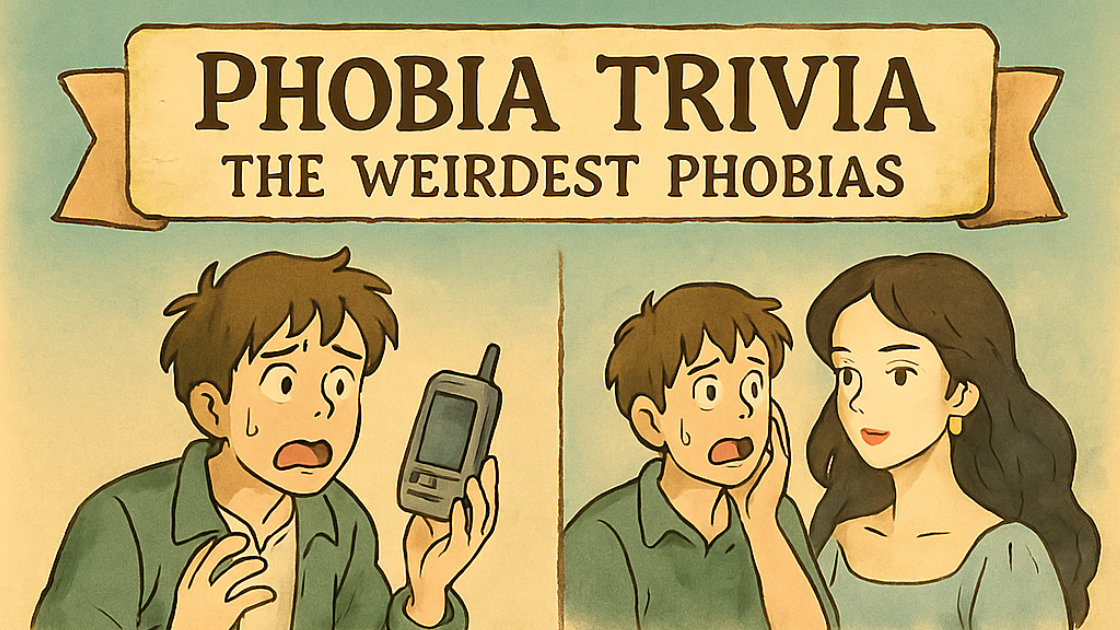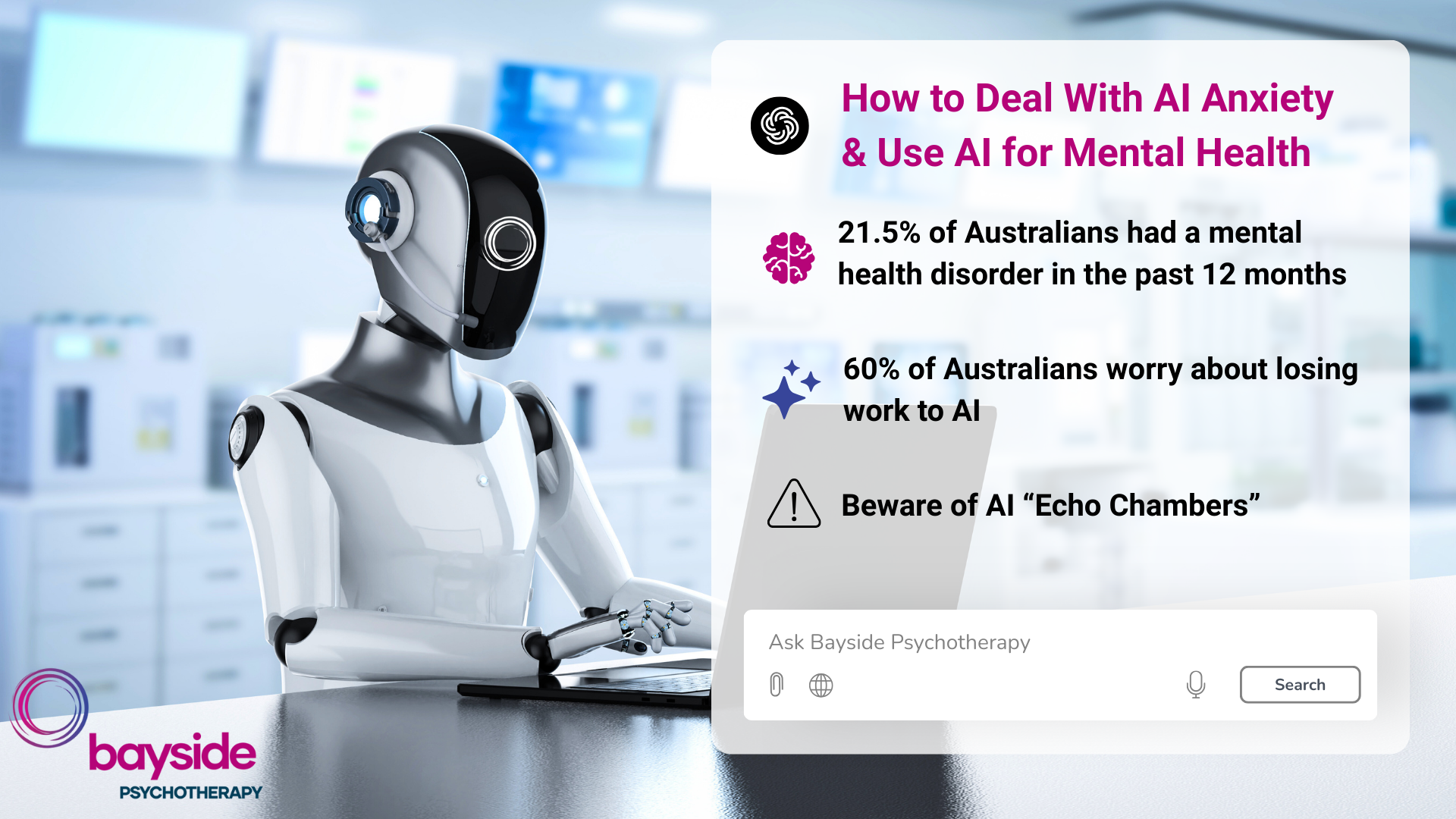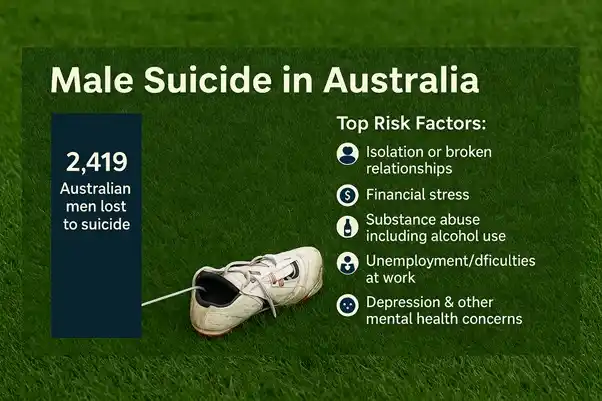Do People Really Get Addicted To Chocolate?
Yes people, especially women, can become dependent on chocolate; but it is important to understand that chocolate is not an addictive substance itself. A dependency on chocolate can occur however, but as a result of more complex combinations of physical and psychological reasons and in the physical, are thought to be more commonly connected to additive ingredients. Chocolate contains caffeine and theobromine which are both addictive compounds, while the high fat and carbohydrate content in chocolate stimulates greater production of serotonin which is a neurotransmitter associated with a brighter and more upbeat mood. Research suggests this is more common in women and relates to differing hormone levels throughout the menstrual cycle.
What exactly is an addiction?
Addictions refer to engaging in a behaviour (e.g. gambling) or taking a substance (chocolate) that generates pleasure yet interferes with an individual’s ability to engage in ordinary daily activities at work, at home and has a detrimental effect on relationships with friends and family. An addiction can develop at a physical and a psychological level and sometimes both at the same time. Addictions are not usually followed because they bring pleasure but because they help to manage a physical or psychological feeling that doesn’t seem manageable any other way. An addiction does not imply a person is weak or immoral.
So what are some signs that your chocolate encounters are becoming problematic?
1. Thinking About It All Day Long – most people who are addicted to something spend a lot of time thinking about the thing they’re addicted to. These thoughts can include weighing up the benefits and drawbacks of consuming, how to acquire it, when to acquire it and when, how and where to consume it.
2. Unable to Focus on Daily Tasks – Many people who are addicted to something have trouble attending to and completing daily tasks at work and at home. This is often a result of an on-going and fixated preoccupation with the addiction.
3. Preferring to Isolate Yourself and Eat Chocolate Rather Than Being With Friends or Family – this is a really important part of any addiction that is often related to being raised by parents who were unable to accurately identify and soothe different feelings (such as anger or sadness) and related to their children in ways that led to feelings of core shame and worthlessness. Individuals who encounter these experiences early in life often have enormous difficulty soothing and managing their own feelings in a healthy and adaptive way and don’t trust others can be there to help and support them when needed. Instead, they turn to substances to help regulate their feelings and give the illusion that they are in control.
4. Using Chocolate to Cope with Feeling Lonely and Sad – this is such a common reason people reach for the chocolate or other sort of comfort food. Eating in itself is often comforting because it involves taking something in that feels nurturing and supportive. For some people it’s the only way they know how to create feelings of love and acceptance internally. Part of the reason this has the appearance of working is that chocolate contains chemicals that cause our brains to release endorphins that make us feel good and elevate our mood. However there is research to suggest that turning to chocolate when feeling alone or down actually prolongs an unhappy mood and interferes with identifying why you are really feeling so blue and lonely.
5. Using Chocolate to Manage Stress – yet another common reason people go searching for a chocolate fix. The chemicals that are released in the brain after consuming chocolate not only create a sense of happiness and wellbeing, they can also help us feel relaxed. The act of consuming food can also serve as a way to push down feelings, allowing us to ignore a problem that seems unsolvable or a relationship that is causing distress. While chocolate may help manage stress in the short term, it does not allow people to develop healthy and helpful ways of managing their stress levels. The caffeine present in chocolate can also cause stress levels to increase because of the effect it has on heart rate and blood pressure.
6. Feeling Tired, Anxious and Edgy until You Get Your Chocolate Fix – chocolate has some addictive inherent qualities including caffeine. Caffeine along with Theobromine are stimulants and is addictive. Regular consumption over a period of time can lead to a process of adaptation, whereby you feel cranky, tired and irritable without those particles floating around in your system
7. Eating Chocolate in An Uncontrollable Way – at their extreme addictions can progress to a stage where individuals feel they have little control over their actions. They are compelled to seek out and consume whatever it is they are addicted to regardless of the time of day and other commitments. In light of the adaptation that occurs when consuming addictive substances on a regular basis, individuals tend to need to ingest more over time to bring about the same physiological and psychological effects. Consequently large quantities of chocolate may need to be consumed when an addiction has developed which can include a number of side effects including nausea and vomiting, weight gain and difficulties maintaining steady blood glucose levels.
8. Getting Angry At People Who Notice How Much Chocolate You’re Consuming – there is often a stigma of shame attached to an addiction of any kind including alcohol, sex and gambling. Chocolate is no different and individuals who become reliant on it to function at a basic and expected level are often deeply ashamed and perceive the addiction as a weakness, a loss of control, a sign of them being fundamentally worthless. Therefore comments, well intentioned or not, can lead to angry defensive responses from addicts’ to conceal experiencing their own sense of shame, failure and poor self-esteem.
9. Leaving Work during Unscheduled Breaks to Buy and Consume Chocolate – addictions make people behave in ways that seem bizarre and confusing. The compulsion to locate and take in addictive substances can be so compelling that individuals begin to neglect important commitments at work and engaging in avoidance strategies including walking out in the middle of meetings, hanging up important phone calls prematurely, consistently failing to meet deadlines, frequently excusing oneself to the bathroom and going home early. Addictions are complicated by the fact that they often exist with other mental health problems such as anxiety, depression and relationship difficulties.
Here are a couple of blogs written on this topic you might find useful:
What Are Australians Most Afraid Of? N...
From snakes and spiders to needles and ghosts, fear takes many forms. But what do Australians fear most in 2025? At Bayside Psychotherapy, our expert.
Is It Time For The AFL To Cast A Menta...
At Bayside Psychotherapy we are passionate about mental health and like many fellow Melburnians, many on our team are avid AFL fans. So when two of our .
Exploring Emerging Therapies: Understa...
At Mind Medicine Australia, we are dedicated to transforming the trea.












